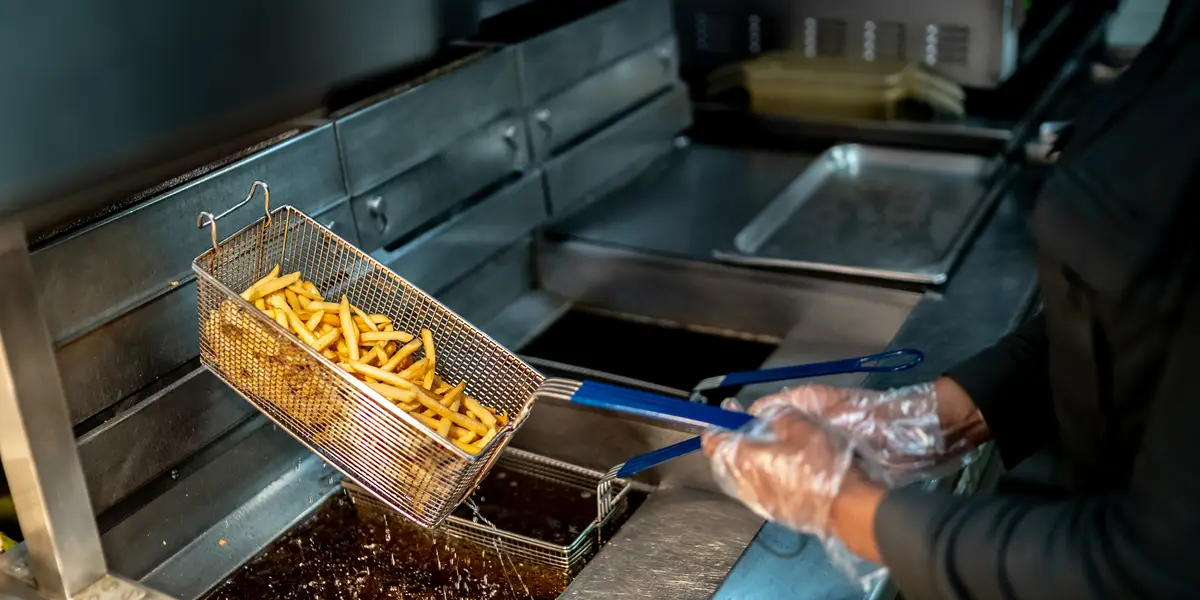Major retailers have cited retail theft as a significant reason why they reduced revenue and profitability projections during Q1 earnings calls in 2023. Target, Foot Locker, Ulta, Dollar Tree, TJ Maxx, Kohl’s, and others all lowered financial expectations due, in part, to what they called an industry-wide problem that is out of control.
The most recent data from the National Retail Federation (NRF) puts annual shrinkage at nearly $100 billion annually. According to retailers surveyed, 37% of the shrinkage comes from retail theft, including more organized retail crime.
Many retailers have pulled out of markets, closing down stores in neighborhoods. Walmart is closing stores in Portland, Oregon, and Chicago. Walgreens shut down five stores in San Francisco, acknowledging increased shrinkage and violence. Rite Aid said the same about closures in New York City.
In each market, there are unique, systematic challenges. Ichor uncovers the challenges and creates a community blueprint for improvement. In this article, we will explain how traditional approaches to shrinkage have shortcomings, the changing landscape of retail loss prevention, and how Ichor's unique approach helps stop shrinkage.
The Traditional Approach to Shrinkage and Its Shortcomings
How have stores traditionally stopped shrinkage? In many cases, part of the solution has been to hire more security staff and pursue shoplifters more aggressively.
Many retailers now feel they have to lock up merchandise to prevent theft, but this inhibits the customer’s experience and frustrates shoppers. Putting merchandise under lock and key also stops some customers from making purchases.
Retailers must invest in innovative solutions to theft before it occurs, and taking a community-oriented approach will be crucial.
Responding to the Changing Landscape of Retail Loss Prevention
Shrinkage problems require hyper-local solutions and a nuanced understanding of what created those problems.
When retailers are more active in the local community where their employees and customers live, work, play, and shop, their brands become a positive force for change. As reputation improves, safety does, too. Engaged community members who shop and work in a store can help create a safer environment. By creating career opportunities and building wealth within the local economy, retailers will experience fewer community members resorting to theft.
Internal workforce development programs, in partnership with community stakeholders, can also boost hiring efforts. Internships and work programs rarely exist for entry-level positions in retail, yet traditional approaches to hiring suffer from fewer applicants. Competition is higher, forcing wages to rise, and there's a continued shortage of workers. The U.S. Chamber says there are more unfilled jobs in retail and manufacturing, for example, than unemployed workers.
Leveraging relationships with local community groups can help build employment pipelines, help provide training and job readiness skills, and tap into different talent pools to diversify their workforce. Career pathways can go beyond entry-level jobs as well, offering continued opportunities for advancement.
Partnerships with community groups can help uncover and address local concerns. At the same time, more community members working in stores can help reduce shrinkage from fellow community members. When employees view stores as both a place to make a living and a positive community partner, they are more likely to spread a positive message in the community and influence others.
Stores that become part of the fabric of the community engender loyalty, which works as a deterrent for crime and makes for a better shopping and working environment. This, in turn, bolsters brand loyalty and reputation.
Ichor's Unique Approach to Shrinkage
Ichor specializes in helping retailers tackle financial and reputational risks, including those resulting from crime and violence, by fostering safer, more welcoming stores and developing strong community relations with a five-pronged approach:
- Hyper-local market research. While there are some similarities, every market is different. Even locations that are close to each other may face unique problems. Retailers need hard data based on hyper-local market conditions to understand the communities they serve at a granular level. Data can act as a starting point to seed discussions.
- Qualitative insights. Beyond research, Ichor finds that the best source of information often comes from talking directly to community members.
- Stakeholder engagement. Ichor helps retailers build strong relationships with trusted stakeholders to co-develop solutions that address local barriers. Such partnerships leverage joint assets and amplify existing community efforts, ensuring they are targeting the right issues and causes.
- Development of impact programming. Together, Ichor builds impact programming at the local level to address core community issues. This goes beyond financial support of community causes, partnering with local stakeholders for solutions that create meaningful impacts.
- Strategic communications. Ichor ensures the right messaging gets out to the community. Ichor stress-tests campaigns with stakeholders to elicit feedback to make sure communication hits the right notes.
This approach helps address the serious, underlying causes communities are facing. For example, a store dealing with customer complaints from messy and dirty bathrooms might discover that an unhoused population was using store bathrooms to wash up. Working with community groups to provide resources for the unhoused can help improve store conditions and stop retail shrinkage.
Many retailers have limited resources on the ground, which is another way Ichor helps by working at the grassroots levels to find and establish meaningful partnerships that can make a positive impact and recommend high-impact investments.
Solving the Shrinkage Challenge at the Root
Addressing shrinkage isn't just a retail issue. It’s a community concern. Viewing a store as a partner and working with neighbors and stakeholders in the community will make a lasting difference.




